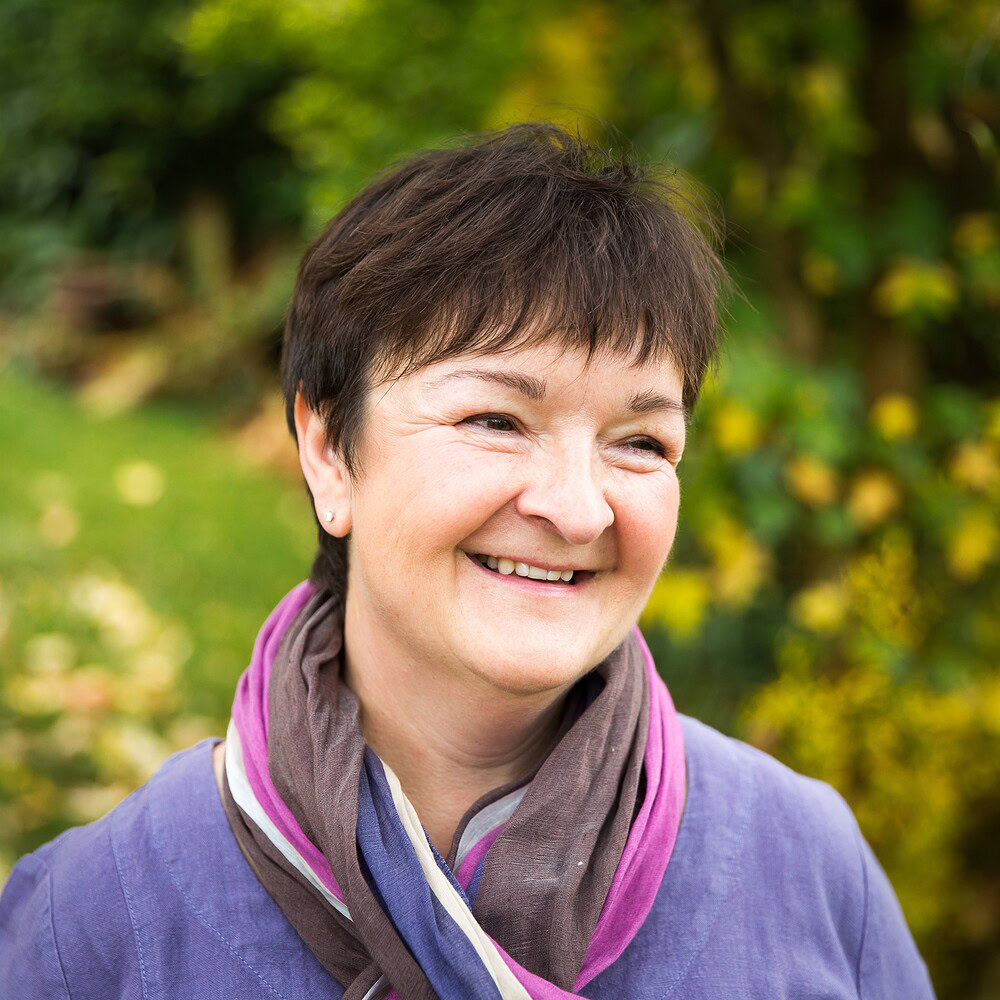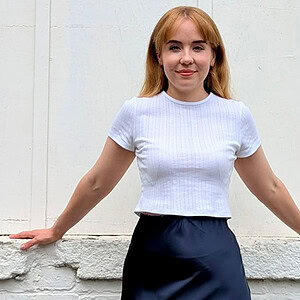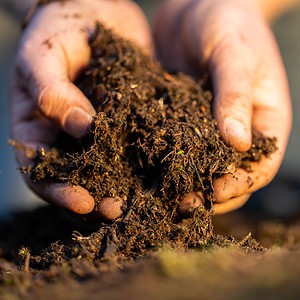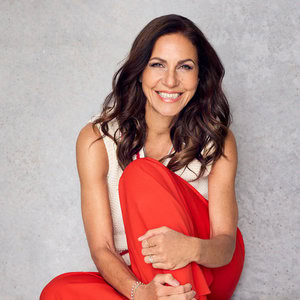Dawn Waldron has spent 30 years working to change breast cancer outcomes. Following her own diagnosis in 1997, she enrolled at ION to help herself and others with evidence-based diet and lifestyle support. She tells Natalie Li
Dawn Waldron doesn’t speak like a clinician. She speaks like someone who’s lived it, and she has. “I desperately wanted someone to tell me that I wasn’t [going to die], or that there was a chance that I wouldn’t,” she recalls. “And then I wanted to become that person who offers hope to others.”
In 1997, just 33 years old, Dawn was diagnosed with stage three, grade 3 breast cancer. At the time, she was a high-powered management consultant, constantly on the move, chronically tired, and deeply stressed. “I was charging around the country with a laptop, getting up stupidly early, often staying away from home, holding down a high-powered but low-satisfaction job, earning a lot of money and not necessarily putting nutrition at the top of the list,” she says.
Her body had been sending warning signals for years: eczema, exhaustion, migraine and a miscarriage but she hadn’t been listening. The diagnosis brought not only fear, but also a kind of eerie silence. She remembers her oncologist dismissing the power of food. Even the idea that stress might be a factor was considered “woo woo”.
A wake-up call
But Dawn felt strong inner prompts, ones she had long ignored, urging her to take better care of herself. She left the oncologist’s office with a new mission: to find a way to live and, eventually, to help others do the same.
Her transformation didn’t happen overnight. She underwent treatment and focused on her young family. But she also knew a change of career was needed. The insight came during a pivotal conversation with fellow breast cancer patient Susie Wallace, a vegan, who asked, “You seem to be really interested in nutrition, have you thought about that?” It was a moment of clarity. “It had just never occurred to me,” Dawn says. Within a few weeks, she was enrolled at the Institute for Optimum Nutrition.
That decision changed everything. “It was the beginning of being the person I wanted to be – a career that I truly value, and which has kept me interested for a quarter of a century,” she laughs. But it’s not flippant, it’s the laugh of someone who knows what it means to be alive. “If I hadn’t found ION I don’t think I would enjoy my life in the same way. I think I would have driven myself into the ground, carried on prioritising my earning potential and my ‘career’, and damaging my health along the way.”
Her work deepened after a second health scare in 2006: a diagnosis of proliferative verrucous leukoplakia (PVL), a pre-cancerous tongue condition. A specialist told her it would “definitely become malignant in five years.” Again, Dawn didn’t panic, she got curious.
Genes hold the clues
By this time she felt she was doing everything she could to eat a healthy diet, so she began to suspect there were problems processing nutrients. That led her to nutrigenetics, the study of how small gene variations (SNPs) affect nutrient absorption.
“Nutrigenetics can help us to focus on the areas that are personally important.” she explains. She likens it to traffic flow around the Birmingham ring road: “a problem at just one junction can cause a system-wide backup.”
By analysing her own SNPs, she suspected gluten intolerance and built a personalised supplement plan. “By the October, the five patches of leukoplakia on my tongue were gone,” she says. Her surgeon was “gobsmacked,” and used to call her “the woman who cured herself”, something he had never seen before.
But Dawn doesn’t see it as a miracle. It’s a philosophy. She believes healing comes not from killing cells, but from changing the environment they live in. “It’s my view that healing after cancer is not about the killing of the cells (though that’s important of course) it’s the correction of the microenvironment that brings the long-term success.” There are even some researchers talking about cellular rehabilitation – restoring the cells to normal function without the need for the cytotoxic phase. That’s way in the distance but it’s an exciting prospect.”
Dawn’s practice has spanned over twenty years; she started practicing pre-Google. Finding evidence was difficult and there was not much available to support cancer patients. It often felt like grasping at straws. Sometimes it has been hard to fathom the lack of engagement with diet and lifestyle approaches from the medical profession, especially when lives are at stake.
As the evidence has become more available a lot of her work has centred around how to optimise nutrition without undermining treatment aims. For example, understanding our SNPs can help us to get more benefit from adjuvant hormonal therapy.
Many doctors and hospitals still resist the use of supplements. Dawn doesn’t push. She provides evidence, options, and support. Her clients have explored a wide range of approaches. One of the most important aspects of any healing journey is ‘agency’. Patients feel better if they feel that they have some control over their situation and can make a difference.
Fluxable theory
Now, nearly three decades on, Dawn is still here. No longer a clinician, she spends her days writing, researching and teaching.
She didn’t just survive cancer; she turned it into a calling. In 2025, Dawn received the Yes to Life Holistic Cancer Care Innovator Award, recognising her pioneering work in bridging the gap between NHS provision and the restoration of health.
Her latest contribution is the Fluxable Theory, a dynamic model of human metabolism rooted in the ebb and flow of biochemical processes. It integrates mitochondrial function, microbial balance, and genetic regulation, all within the context of our relationship with nature.
Don’t let the complexity of cancer blind you to the simplicity of healing.
It’s a new lens for cancer prevention and recovery, one that honours the body’s innate intelligence and capacity for healing.
Instead of dismissing the genetic theory of cancer Dawn’s work shows us that metabolism and genetics are inextricably intertwined but argues that it’s metabolism that affords the leverage we need to change health outcomes. Her theory forms the foundation of her weekly Substack and will form the basis of a number of practitioner education courses in the pipeline.
Her message is simple, but profound: “Don’t let the complexity of cancer blind you to the simplicity of healing.”


